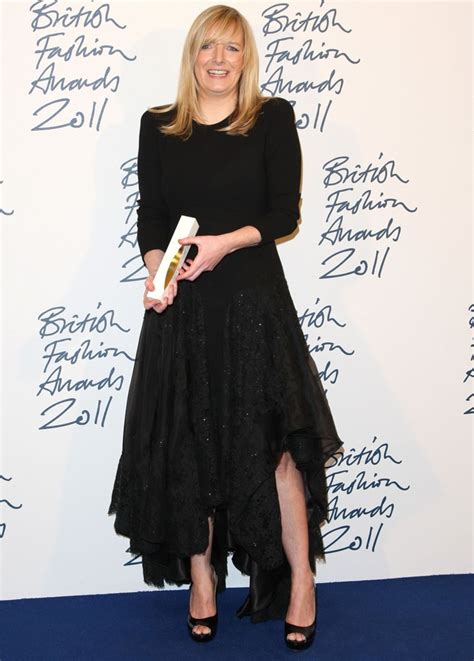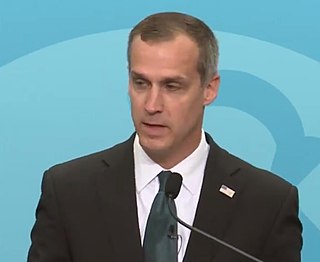A Quote by David Miliband
My advice is very simple: if you can win a small battle, it gives you confidence in the political process to take on bigger battles, and so it is very much a bottom-up grass-roots way of doing politics.
Related Quotes
Studing jewelry gives you an incredible technical background. If you can work on very, very small things, then, I think, typically you find it easier to go bigger rather than the other way around. I think a lot of architects have struggled with small things. Whereas if you start small, it's easier to get bigger.
On politics I strive as much as possible to let my passions be for God and for the Church and for others (the Jesus Creed). I place no confidence in redemption by way of politics. The political hope ebbs and flows every 8 years now; I don't get all riled up if a Republican or a Democrat wins; I don't think it matters that much to what we are called to do on a daily basis.
Sadness gives depth. Happiness gives height. Sadness gives roots. Happiness gives branches. Happiness is like a tree going into the sky, and sadness is like the roots going down into the womb of the earth. Both are needed, and the higher a tree goes, the deeper it goes, simultaneously. The bigger the tree, the bigger will be its roots. In fact, it is always in proportion. That's its balance.
I hope we don't have to keep going back over the same territory and winning the same rights over and over again. The battle for birth control. The battle for abortion. The parity of women's health. It's very depressing to think that you win these rights, but then you have to win them again, and again, and again, and fight the same battles over and over.
For me, what is political is very personal. Politics are not this abstract idea. Laws are the rules that dictate how we live our lives. What we eat is political. How we dress is political. Where we live is political. All of these things are influenced by political decision-making, and it's important to be part of the process.
Republicans win when people are demoralized and you have a small voter turnout, which by the way is why they love voter suppression. I believe that our campaign up to now has shown that we can create an enormous amount of enthusiasm from working people, from young people, who will get involved in the political process and which will drive us to a very large voter turnout.
From where I sit, battles are hard. I’ve written my share. Sometimes I employ the private’s viewpoint, very up close and personal, dropping the reader right into the middle of the carnage. That’s vivid and visceral, but of necessity chaotic, and it is easy to lose all sense of the battle as a whole. Sometimes I go with the general’s point of view instead, looking down from on high, seeing lines and flanks and reserves. That gives a great sense of the tactics, of how the battle is won or lost, but can easily slide into abstraction.































